On February 18, the Israeli army began withdrawing from several villages in southern Lebanon, while Beirut deployed troops to the area, just hours before the deadline for implementing a ceasefire between Hezbollah and Israel.
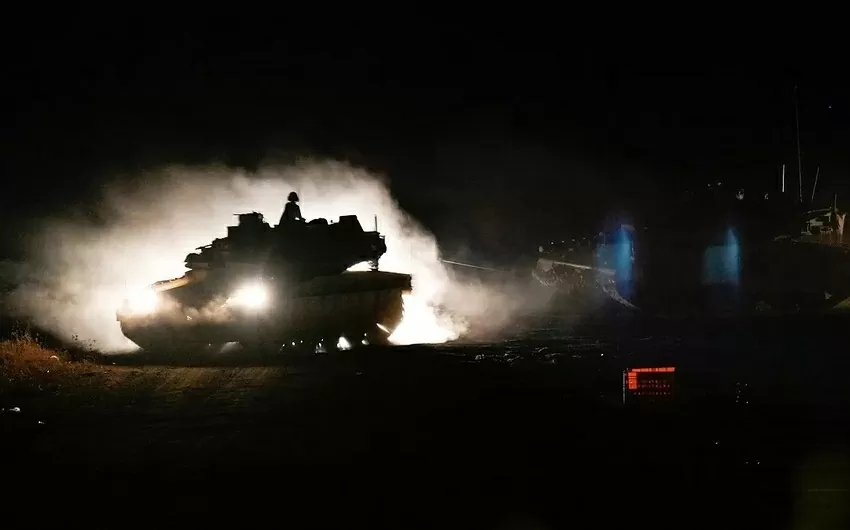 |
| Israel has withdrawn its troops from most of its occupied positions in southern Lebanon, but still maintains a presence at five strategic points along the border between the two countries. (Source: Report) |
According to TASS , Israeli forces have begun withdrawing from nine cities in southeastern Lebanon. These are the last areas of Lebanon from which the Israeli army withdrew under the ceasefire agreement.
However, Israeli military spokesman Lieutenant Colonel Nadav Shoshani said: "Based on the current situation, we will leave a small number of troops deployed at five strategic points along the Lebanese border to continue to protect the population and ensure there is no immediate threat."
These five strategic points are in the hills of Jabal Blat, Labbouna, Al-Aziziyah, Al-Awaida and Al-Hamamis in the Lebanon-Israel border area.
According to the military official, this is a temporary measure until the Lebanese armed forces can fully implement the ceasefire agreement between Israel and Hezbollah, which took effect on November 27, 2024, after more than 2 months of full-scale conflict.
Under the agreement, the Lebanese army would deploy in the south alongside UN peacekeepers while Israeli troops withdrew for 60 days. The deadline was later extended to February 18, 2025.
However, the UN migration agency said that more than 100,000 people in Lebanon still have homes they cannot return to. The Lebanese government estimates that the cost of rebuilding the country affected by the conflict could be as high as $11 billion.
In a related development, the Lebanese national news agency ( NNA ) said that the government has approved a ministerial statement - an important document outlining the policies and priorities of the new administration - affirming that the government is the only entity allowed to possess weapons and enforce security in the country.
The Lebanese government also reaffirmed its commitment to UN Security Council Resolution 1701, which calls for the disarming of all non-state actors in the south and the deployment of state forces along the border with Israel, as well as highlighting Beirut's policy of neutrality in regional conflicts.
Lebanese Information Minister Paul Morcos said the statement showed the government's commitment to liberating all Lebanese territories.
In addition, the ministerial statement also called for serious dialogue with Syria and stressed that Lebanon will not engage in hostile actions against its neighbors.
Source: https://baoquocte.vn/den-han-chot-israel-rut-quan-nhung-van-hien-dien-o-5-diem-chien-luoc-tai-lebanon-beirut-ra-tuyen-bo-quan-trong-the-hien-quyet-tam-304735.html


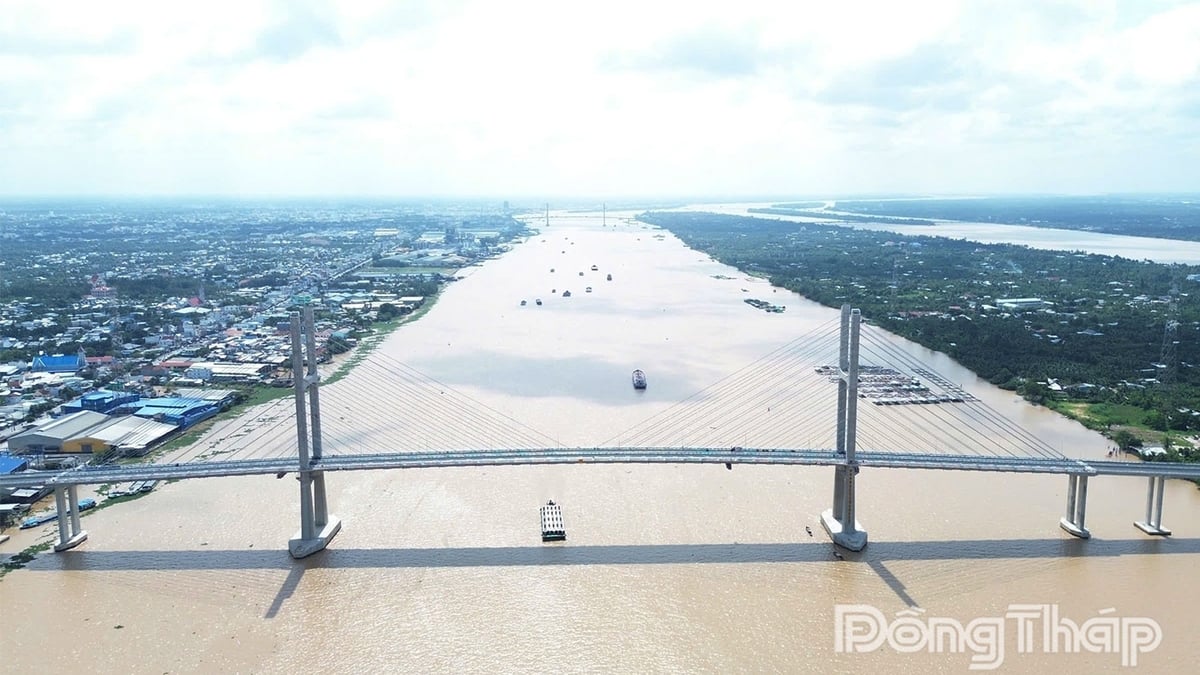

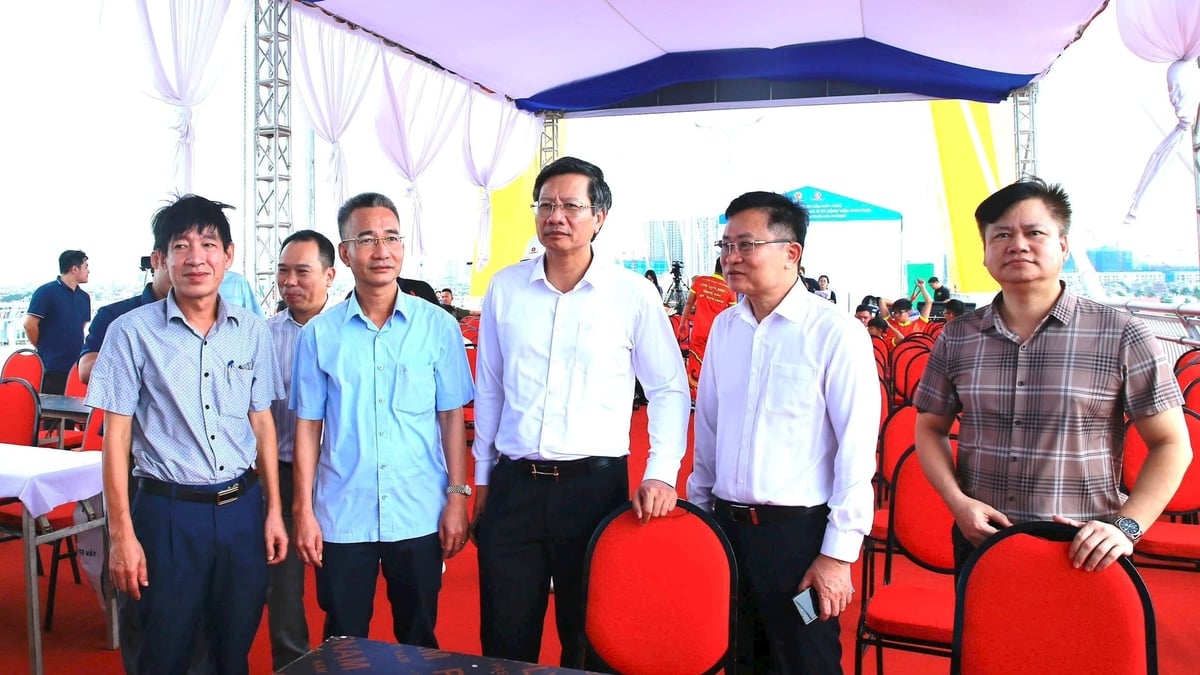
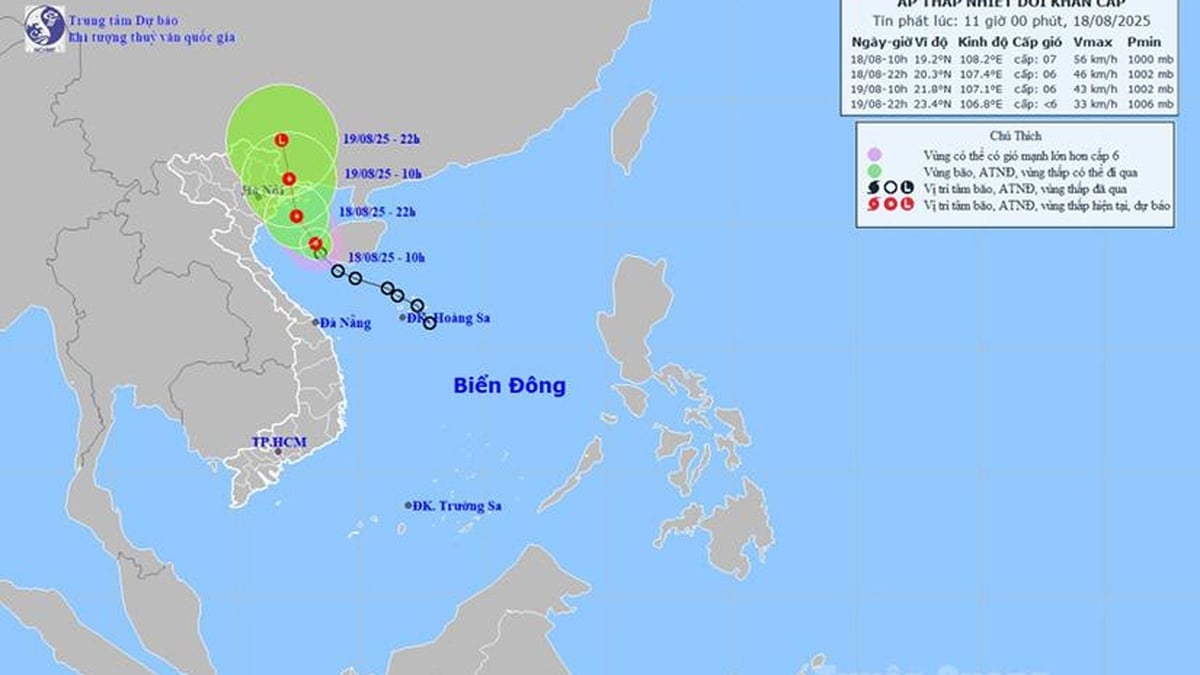
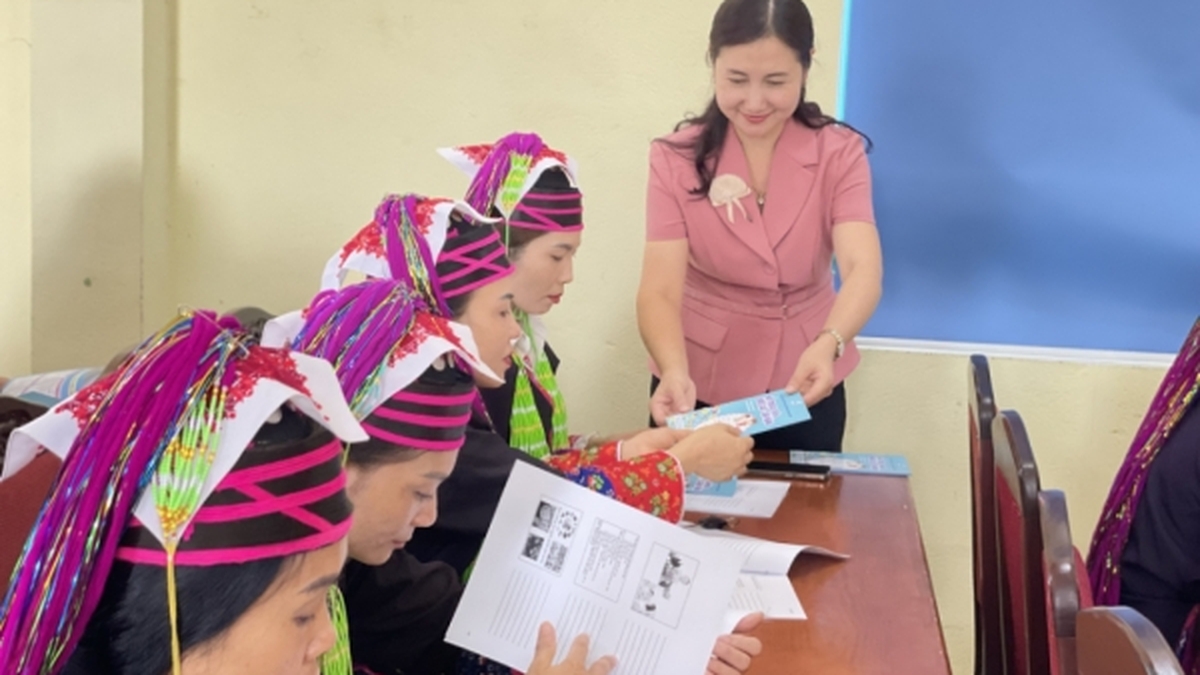




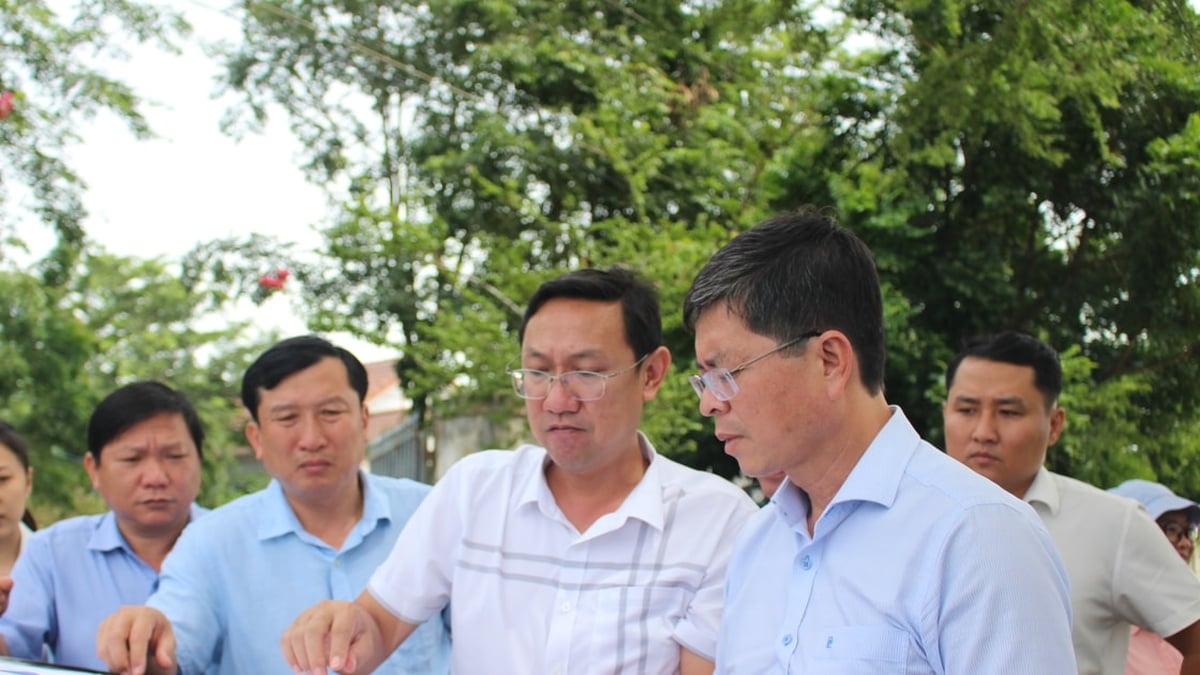










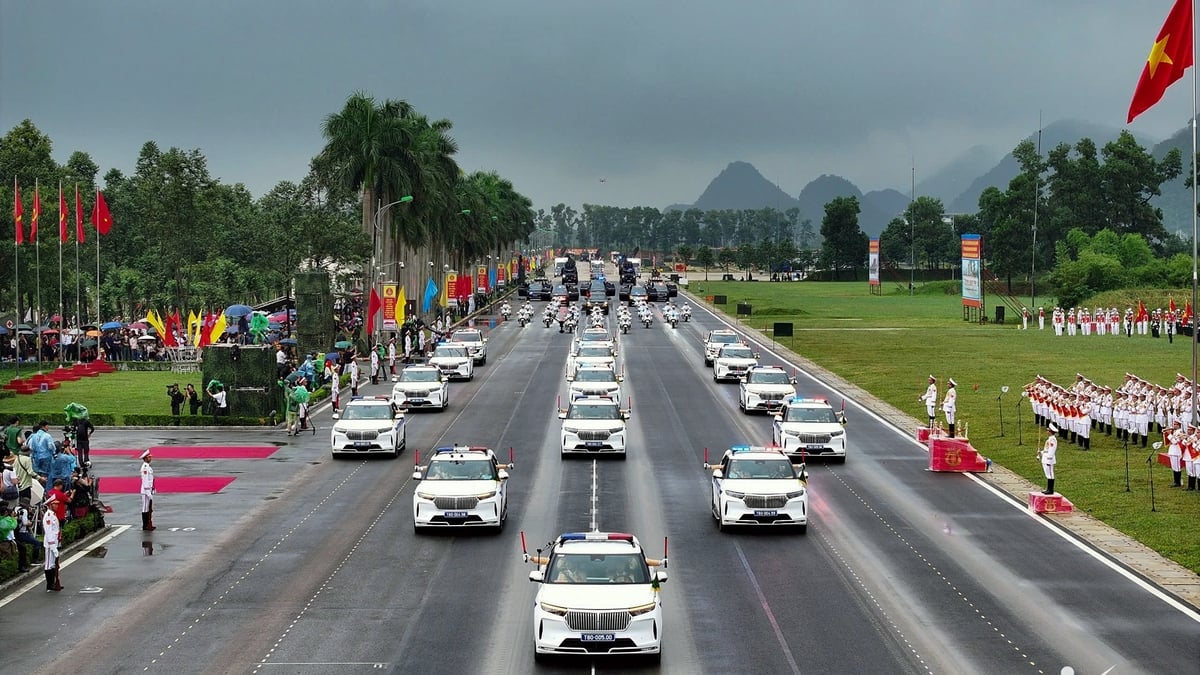

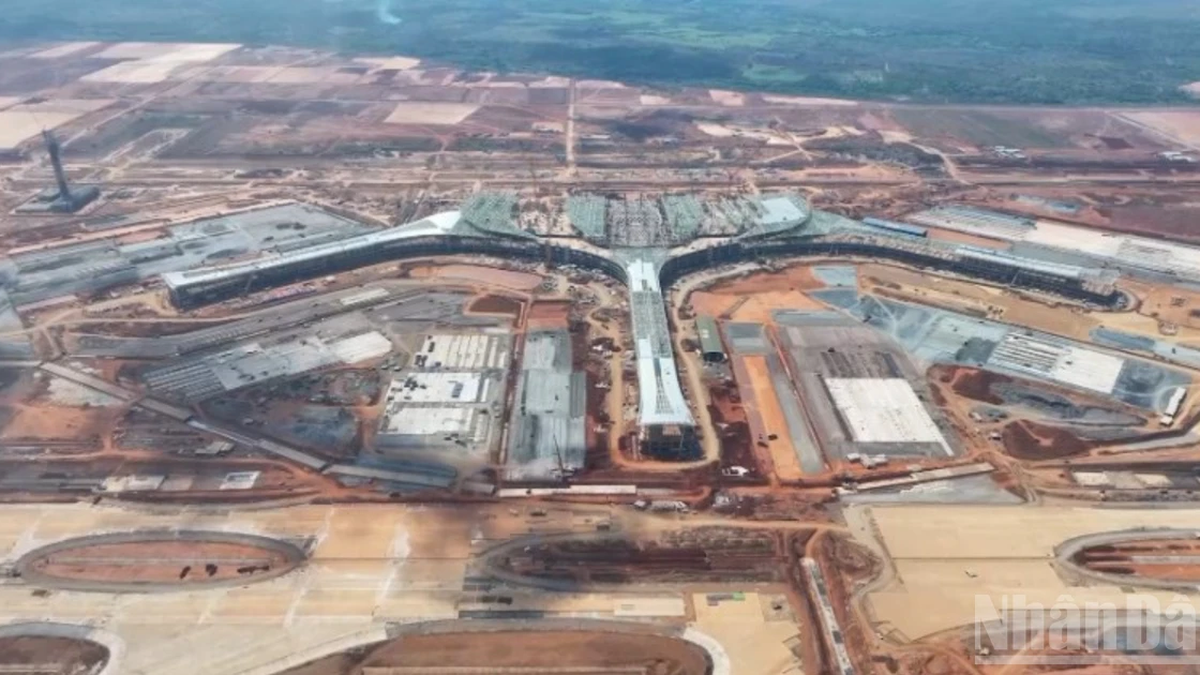

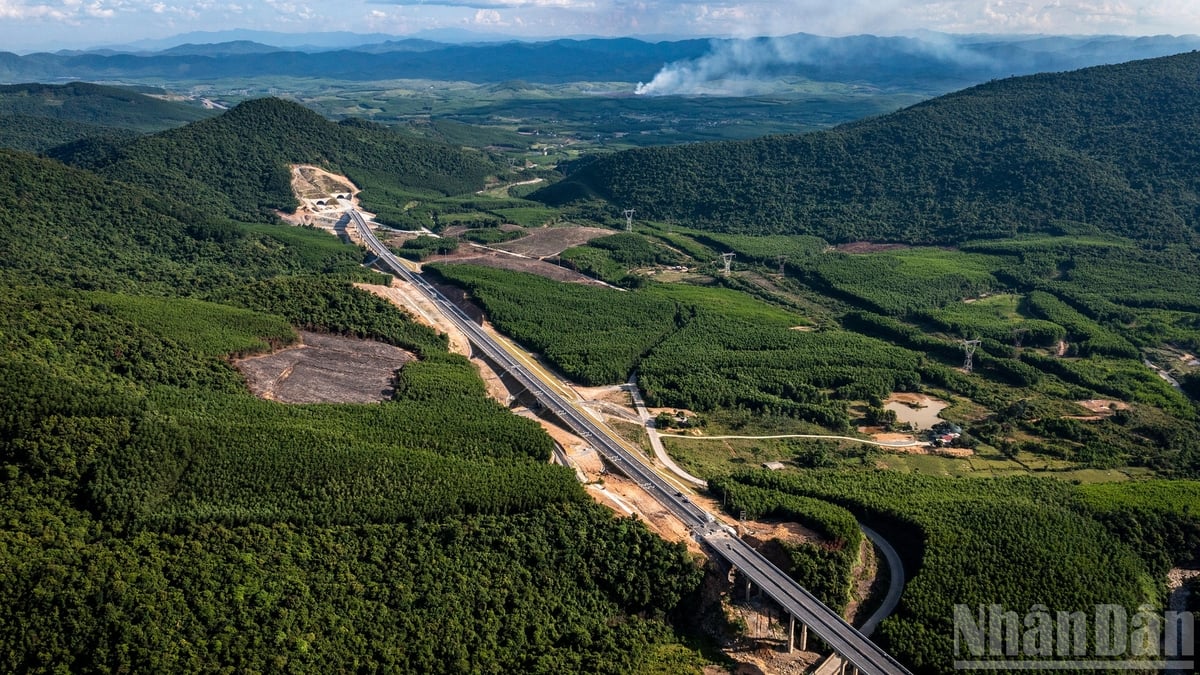
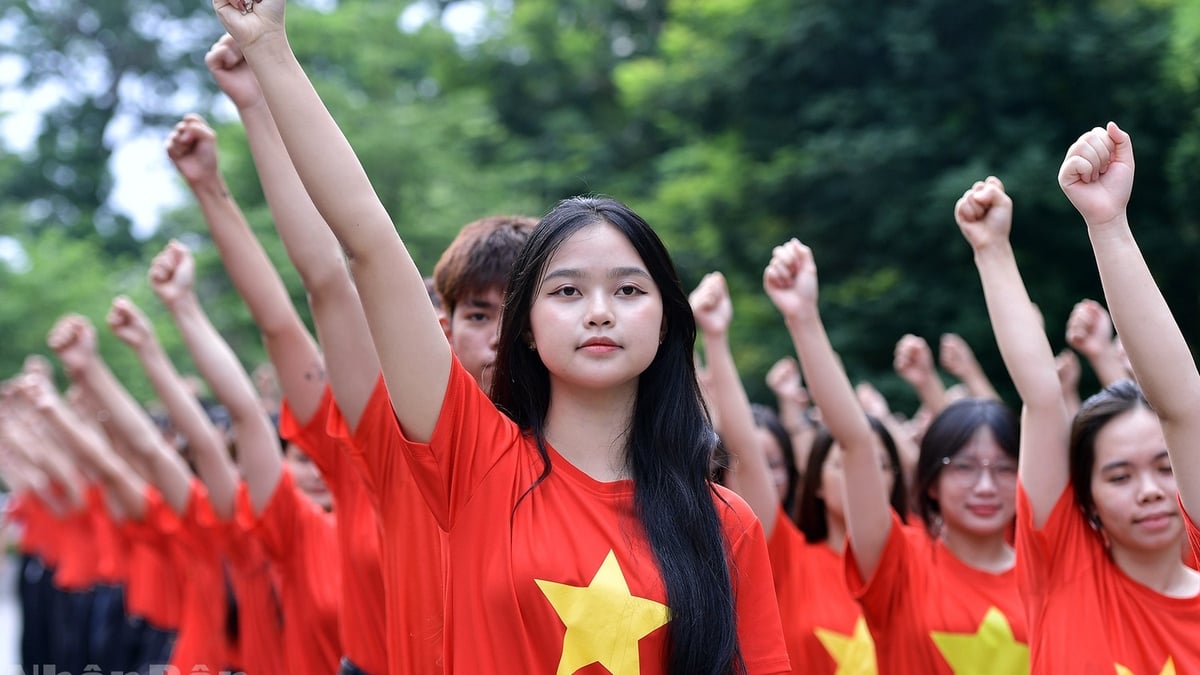
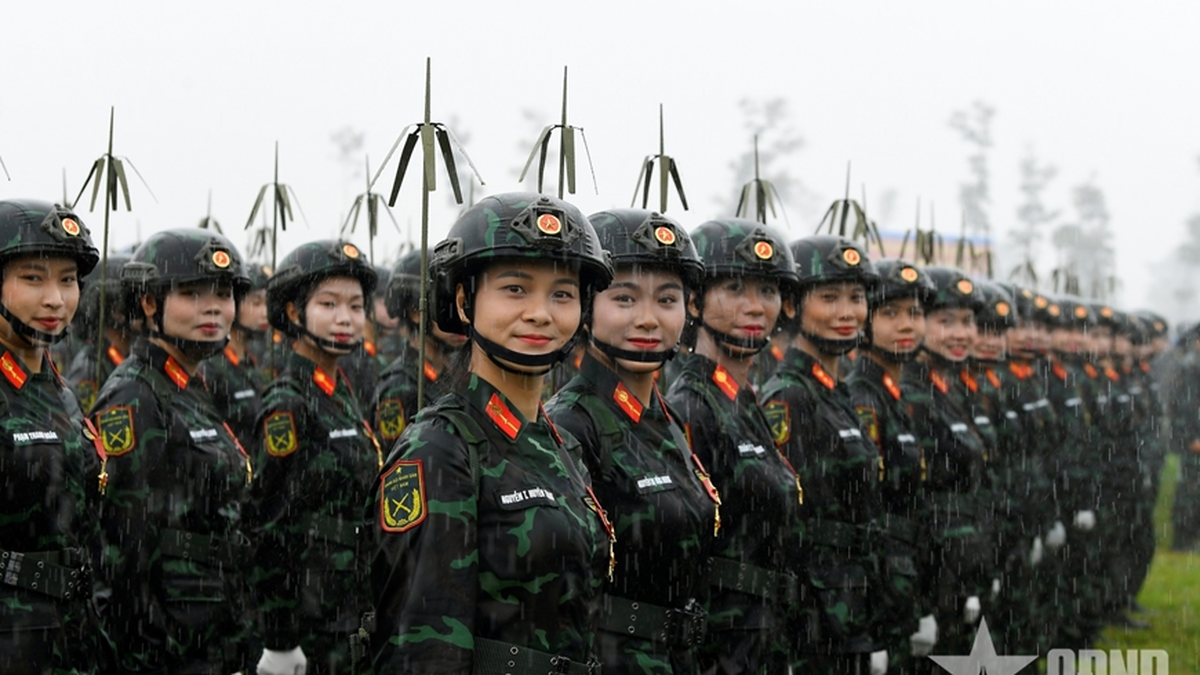
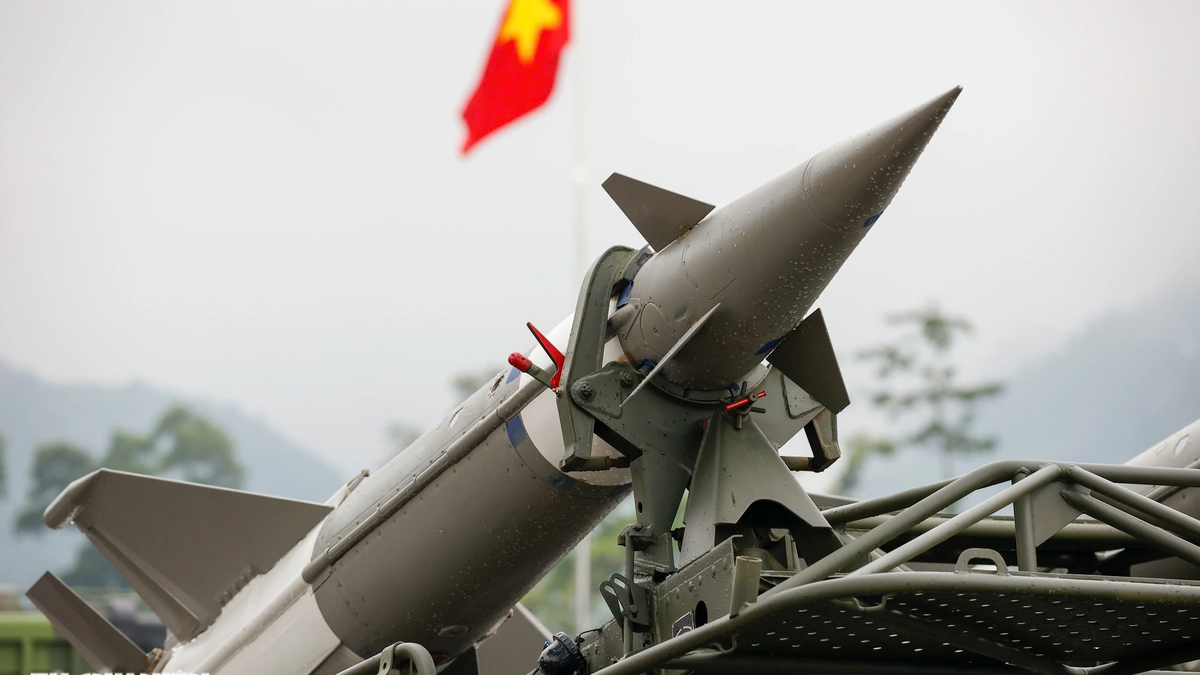
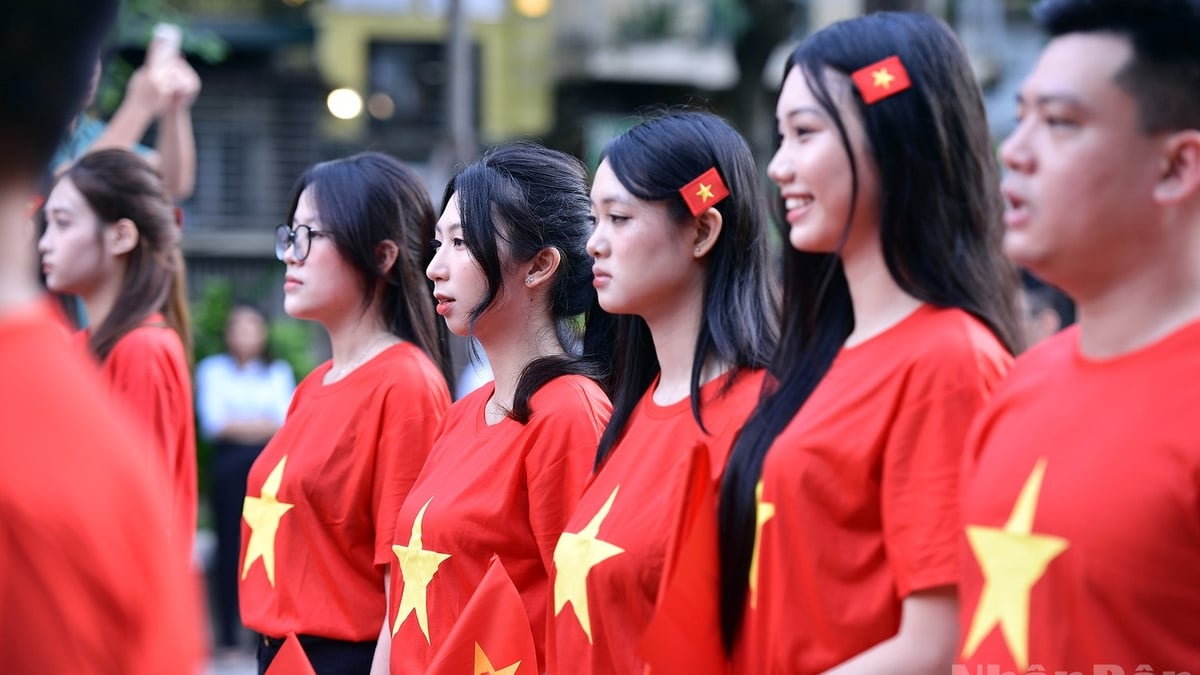







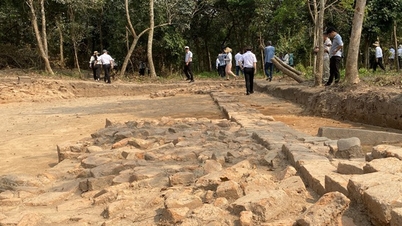



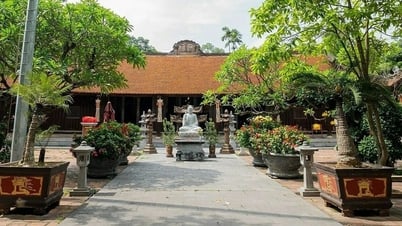

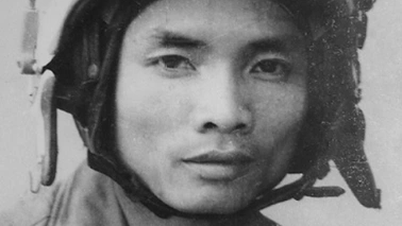















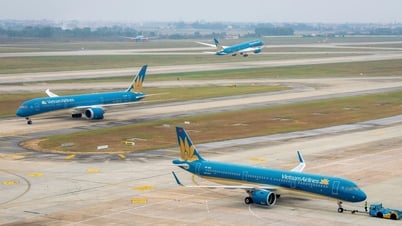


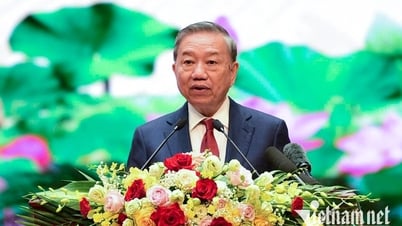





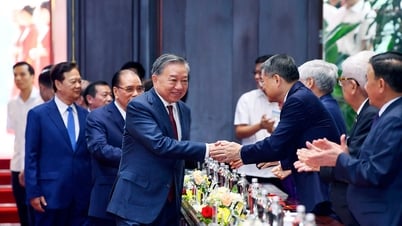





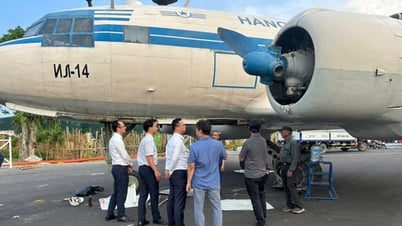
















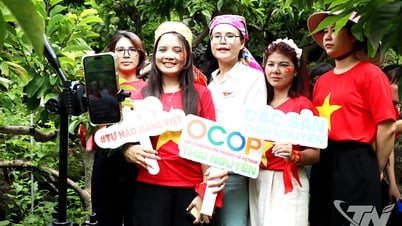





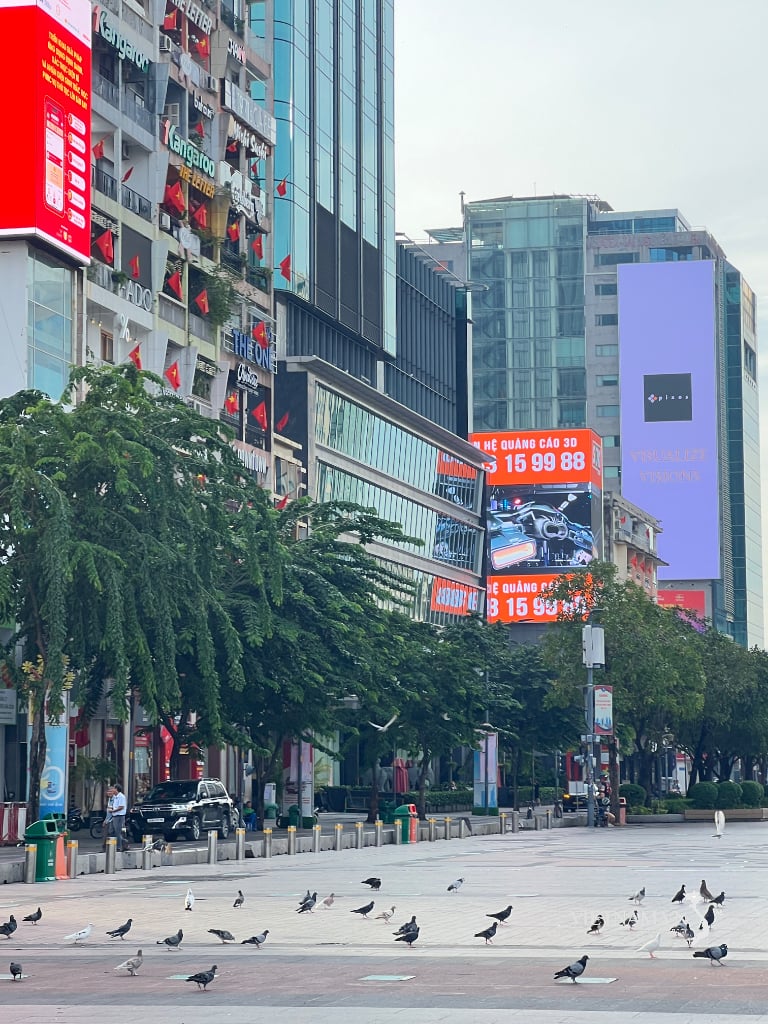



Comment (0)